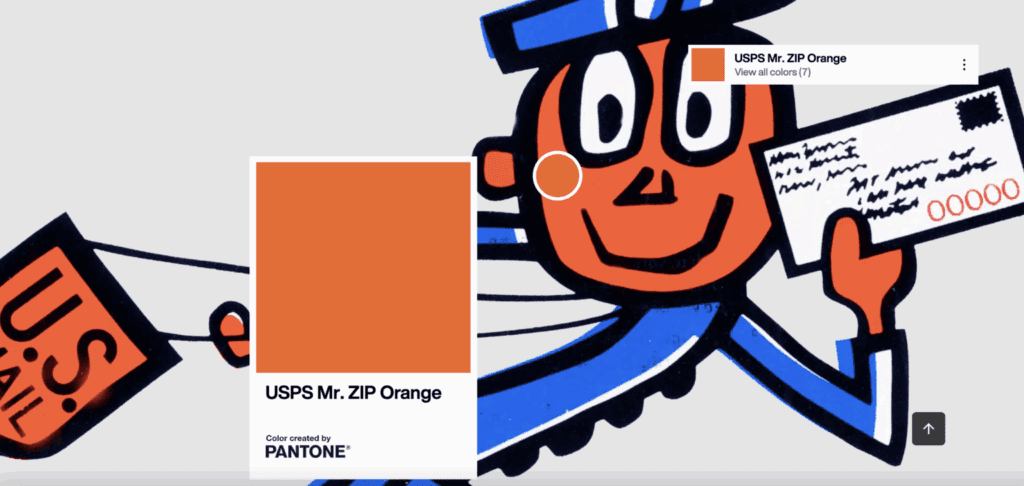All the marketing industry buzz these days is about customer-centric marketing. For example, September’s issue of Fast Company was dedicated to companies that take a customer-centric approach to business strategy. The American Marketing Association has chosen customer-centered marketing as the theme for its annual conference in Minnesota.
We get it and we agree. Yet, we are so busy taking this approach for our clients’ businesses that we sometimes forget to run our agencies with the same guiding philosophy.
There are only a handful of marketing agencies that proactively invite clients into strategic dialogue on a regular basis. While agency and brand execs may have forged relationships at their top tier, the same is rarely seen among the lower ranks that do the real work. The people that are actually engaged in the daily reality of the client-agency relationship could offer much valuable information. Failing to tap into that source is a lost opportunity to create a more mutually profitable partnership.
Those who run client management on a daily basis are intimate with clients. These are talented business people with valuable input, yet they are so busy meeting client deadlines that they often do not have time to think about long-term strategies. Those at the top, the agency leaders, would be wise to create a forum for capturing their ideas. Call it knowledge management, but what if your key account people were gone tomorrow? It is good strategic policy to make the fabric of those relationships explicit and actionable for your agency.
Imagine the possibilities. Instead of the agency complaining about the client and the client complaining about the agency (you know it’s true), why not advocate for a more productive outcome? What if you held biannual “Client Partnership” sessions in which each party offered a point of view on what is going well and what could be improved. This meeting could be a forum for honest questions that explored the relationship in the spirit of partnership. It could also offer an avenue for your agency to test out new service-offering ideas and get free market-research on the next evolution of your agency model. It would encourage an open-door policy from the top of the agency to the bottom.
Client Partnership meetings offer your agency the opportunity to extend your relationship with any given client. They can include anyone even remotely involved in the business, drawing them into conversations about how the agency can better serve. Such meetings may be an opportunity to invite divisions of a client organization that aren’t usually drawn into the agency conversation (finance, development, etc.), so they too can express needs to the agency.
Client collaboration should be a key business strategy for any agency that is interested in sustainable business growth. If done correctly, effective client collaboration can be a powerful source of ideas, referrals, deeper business development and more.
While you’re at it, why not seek the input of organizations who should be, but aren’t, your clients? Do you really know why you haven’t been able to convert that difficult lead? Have you ever asked what your organization would need to look like to be hired by a potential client? It is tougher to get that audience, but there are ways to do it.
As an example, there is a brand and design agency that holds monthly informative breakfast seminars. They invite clients and potential clients into their space, act as gracious hosts and give out valuable information. In other words, they extend an offer to be in a relationship and they give away their knowledge as part of that invitation. It positions that firm as a true industry leader, even if it doesn’t convert to business right away. This agency is at the top, so the strategy works. The relationships that this approach creates serve as a strong foundation for a long-term partnership because they started on the basis of collaboration.
But ultimately, execution is everything. Having strategic partnership conversations is only half the battle. The other half is actually doing something with what is learned. It is more harmful than helpful to enter into this type of client partnership if you are not committed to listening to what has been said and jointly prioritizing the key initiatives to implement. Lots of ideas will surface; the art is knowing what is most important and what will be most beneficial to both the clients’ business and your agency’s business. After time, the partnership meetings and the action plans that develop from the conversation become part of your organizational DNA. It should serve as a cornerstone input to your agency business plan.
The truth is, your clients hold the key to your future success and often they are willing to give you that key. If you don’t engage them in a conversation about what they need, it’s like knowing they have the key but never asking them for it. You may have to get creative about how to get their attention to have these conversations, but once you do, you will both see the benefit and the partnership will grow from there.
Jennifer Kompelien, principal of Open Dynamics, Inc., consults on strategic business development and facilitates client partnership roundtables. She can be reached at [email protected].
 Network
Network

